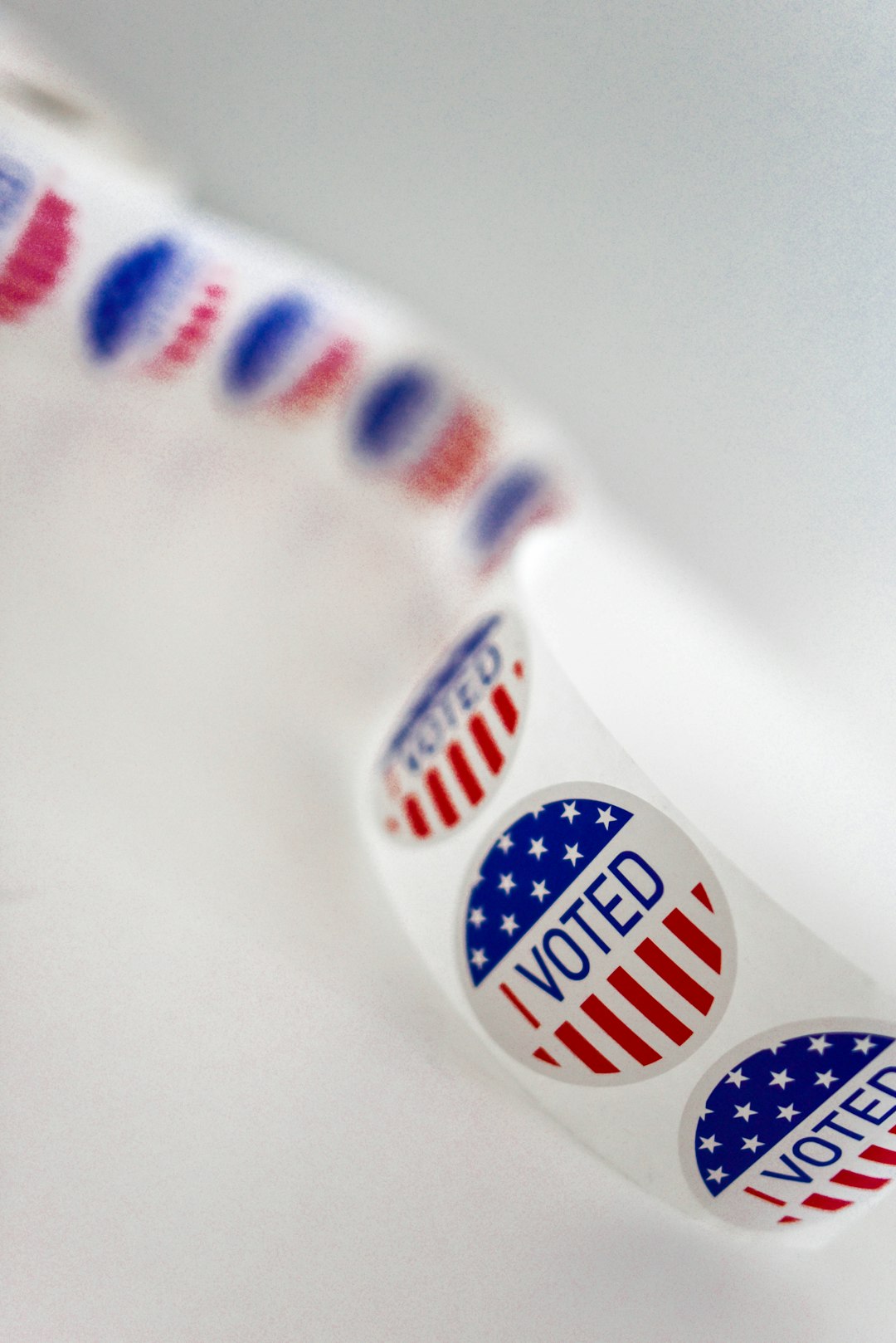
Understanding Basic Economic Theories: A Simplified Overview
# Introduction. Economics can often seem like a complex and daunting field, filled with intricate theories and jargon that can leave many feeling overwhelmed. However, understanding its basic theories can greatly enhance your comprehension of how economies function, influencing everything from personal finances to global markets. This post aims to break down the key economic theories that lay the groundwork for the world around us, providing clarity and insight. # Supply and Demand: The Foundation of Economics. One of the most fundamental principles of economics is the law of supply and demand. At its core, this theory states that the price of a good or service is directly related to the quantity available in the market (supply) and the desire of consumers to own it (demand). When demand exceeds supply, prices tend to rise. Conversely, if supply exceeds demand, prices tend to fall. This interplay is crucial for determining market equilibrium, where the quantity supplied meets the quantity demanded. Understanding this theory helps consumers and producers navigate pricing, production, and purchasing decisions effectively. # Keynesian Economics: The Role of Government. Developed by economist John Maynard Keynes during the Great Depression, Keynesian economics posits that active government intervention in the economy is essential for ensuring economic stability and growth. Keynes argued that during periods of economic downturn, it is crucial for the government to increase spending and lower taxes to stimulate demand. This theory contrasts with classical economics, which emphasizes the importance of free markets and the self-regulating nature of economies. Key concepts from Keynesian economics have significantly influenced fiscal policy in many countries, particularly in response to recessions. # Classical Economics: Back to Basics. Classical economics emerged in the late 18th century and continued to develop throughout the 19th century, spearheaded by economists such as Adam Smith and David Ricardo. This theory posits that free markets can regulate themselves and that individuals acting in their self-interest ultimately contribute to the overall economic well-being of society. Classical economists emphasize the importance of competition, free trade, and minimal government intervention, advocating a laissez-faire approach. Understanding classical economics lays the groundwork for comprehending many modern economic policies and debates around government regulation. # Monetarism: The Control of Money Supply. Monetarism, popularized by economist Milton Friedman, focuses on the importance of controlling the money supply as a means to regulate economic activity. According to this theory, variations in the money supply have major influences on national output in the short run, and price level over longer periods. Monetarists argue that managing inflation and controlling money growth is more effective than fiscal policy interventions for achieving economic stability. This theory has shaped contemporary central banking practices, guiding how monetary policy is crafted and implemented. # Behavioral Economics: Psychology and Economics. Behavioral economics merges insights from psychology with traditional economic theories to better understand decision-making processes. Unlike classical economics, which assumes rational behavior, behavioral economics recognizes that individuals often act irrationally due to cognitive biases and emotional influences. This field encourages examining how social, cognitive, and emotional factors impact economic decisions, leading to unexpected consumer behaviors. By understanding these influences, policymakers and businesses can design better strategies that address real-world consumer tendencies. # Conclusion. In summary, familiarizing oneself with basic economic theories can provide valuable insights into the behaviors of markets and individuals alike. Whether you are navigating personal financial decisions or following global economic trends, these foundational theories offer a framework for understanding the complex interplay of supply, demand, government intervention, and human behavior. As you continue your journey into the realm of economics, these concepts will remain relevant, enhancing your capacity to analyze and interpret the economic landscape. .







